Slovik’s Desertion - Letterjoy How I Wrote The Last Firing Squad
In the last 150 years, only one US soldier has been executed for desertion.
The question is: was it justified?
Let’s review the facts and you can decide.
Our story begins on the eve of war…
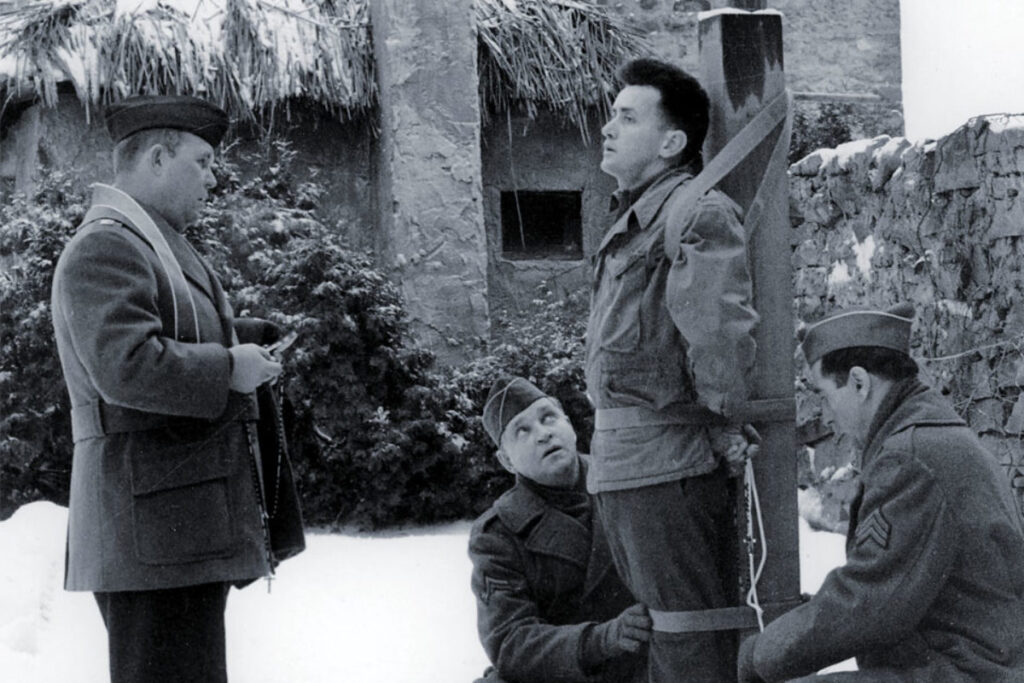
Summer 1940.
America is restless.
The Nazis have conquered France.
President Roosevelt brings back the draft.
All US men aged 21-35 must register with the government.
They risk being forced into the army, trained and shipped to the frontlines in Europe.
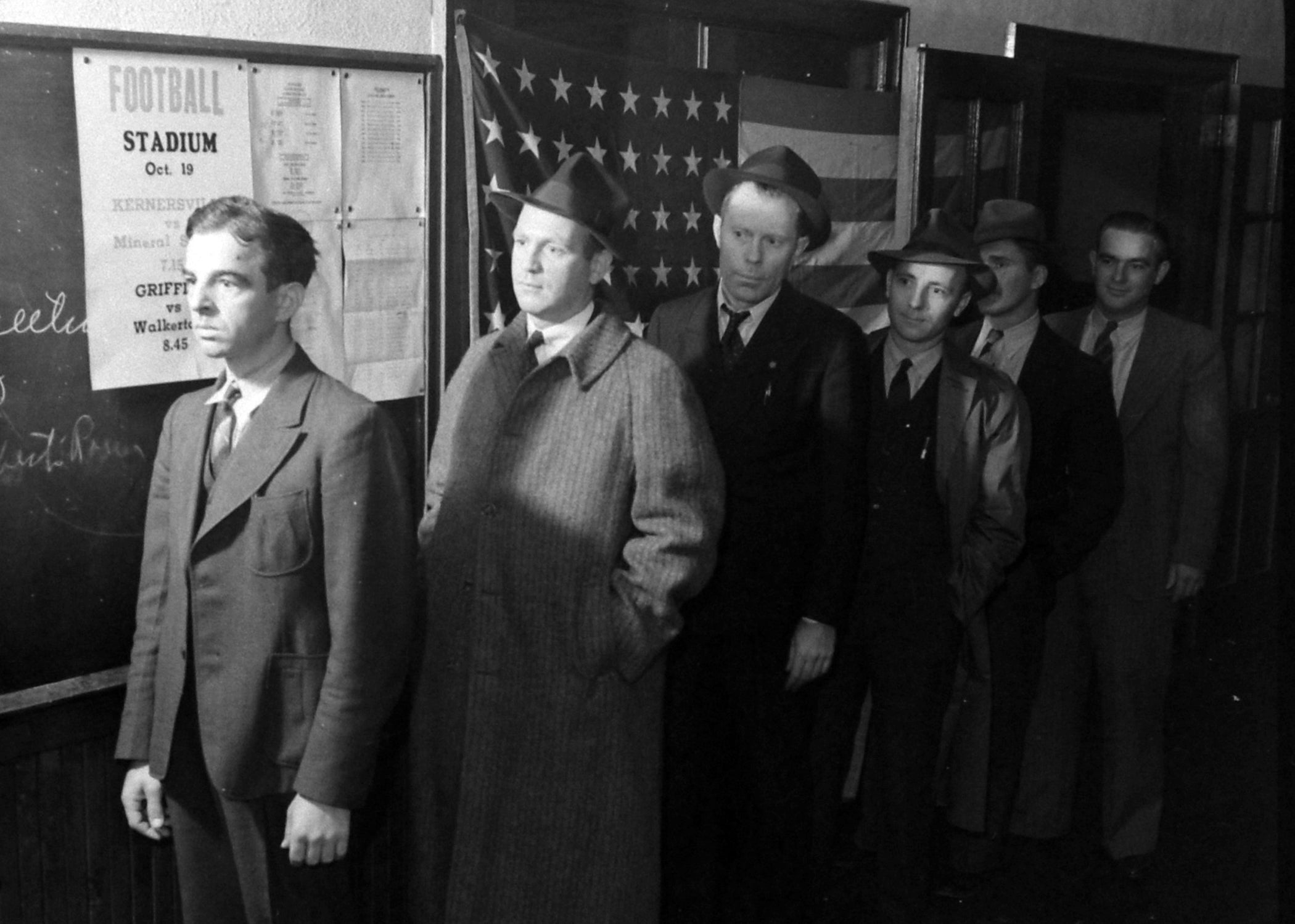
April 1942
The Japanese have attacked Pearl Harbor and America is at war with the Axis.
Millions of men from the draft are being called to boot camp.
In Michigan, 22-year-old Eddie Slovik walks free on parole.
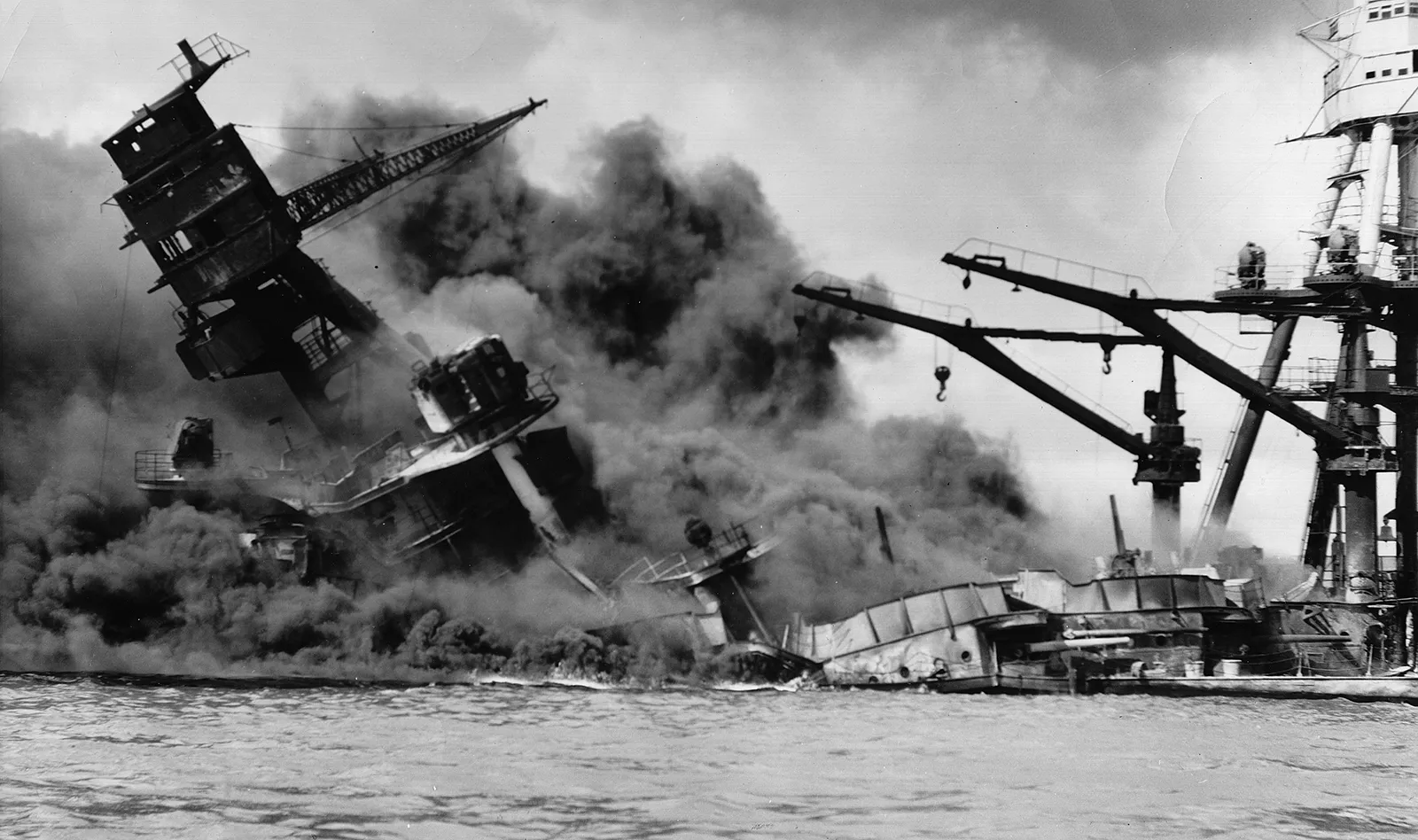
Eddie’s been in and out of jail since the age of 12.
His latest offence was crashing a car while drunk.
Now free, he gets a job to pay rent.
At work, he meets a bookkeeper named Antoinette.
They get married in November 1942 and move to Detroit.
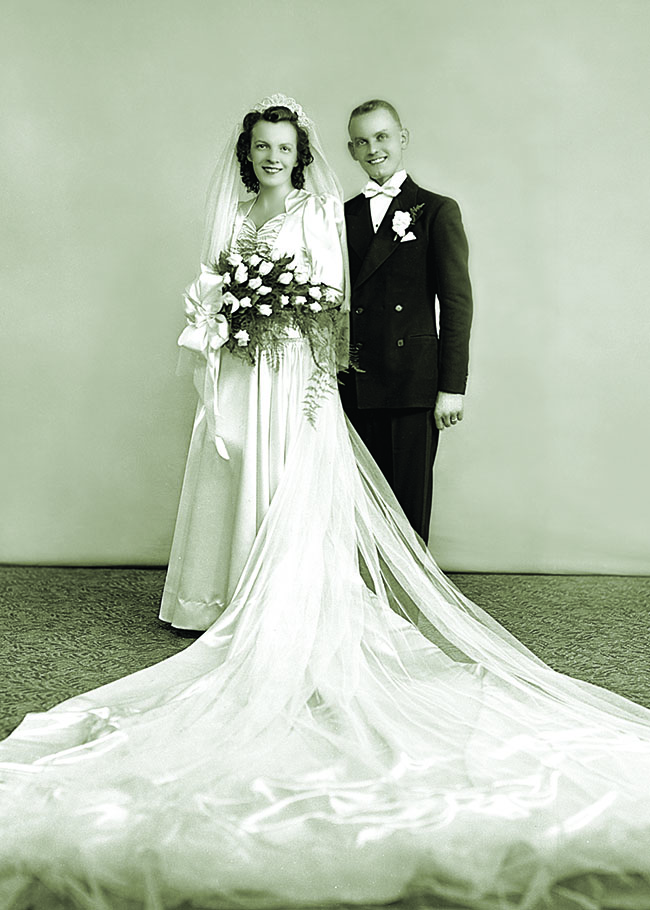
When the draft comes for Eddie, they classify him 4-F.
“Morally unfit for service due to a criminal record.”
But it’s only a short relief.
The army changes their minds…
They reclassify him 1-A.
“Fit for duty.”
He leaves his pregnant, epileptic wife behind and reports to training.
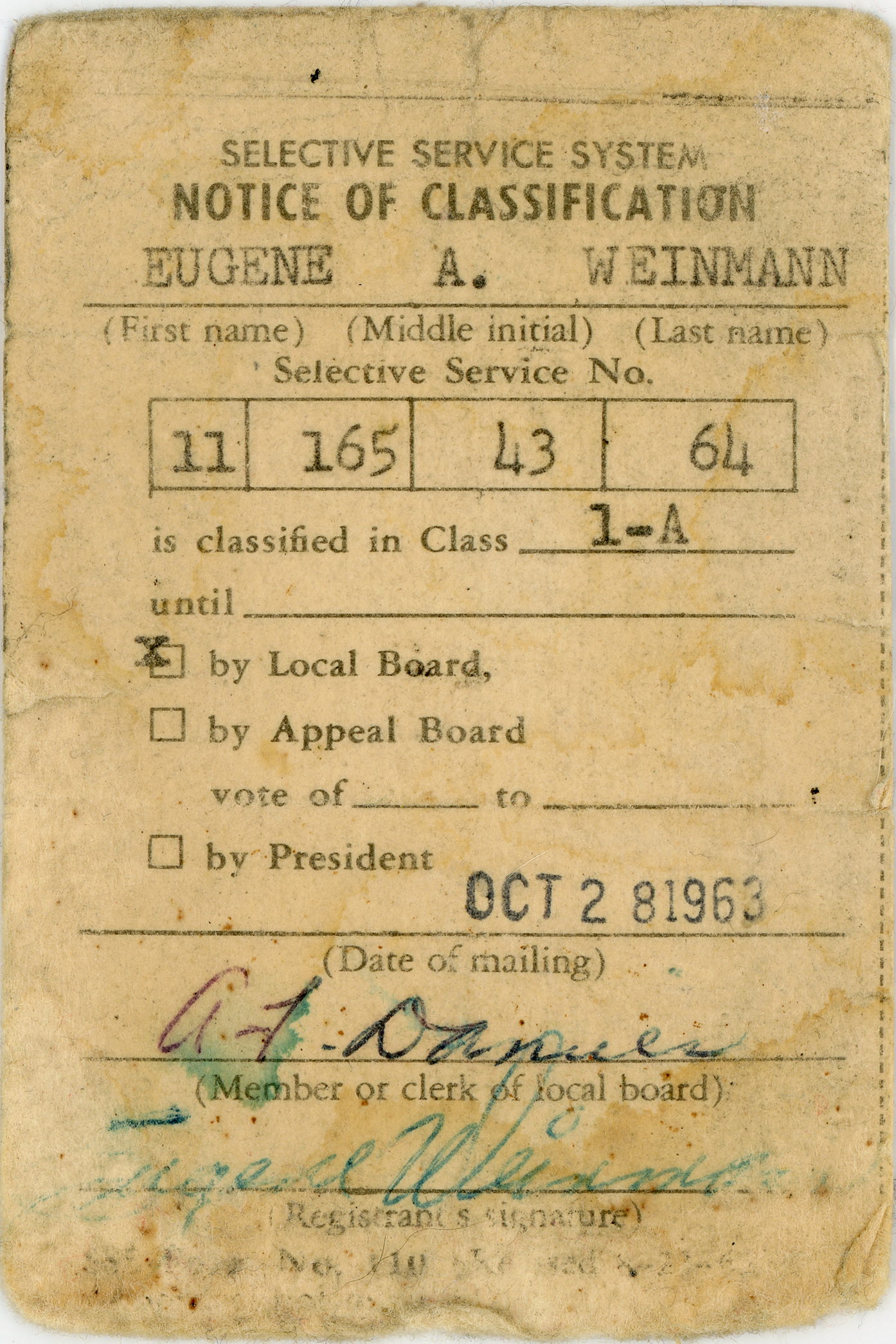
Summer 1944
The D-Day landings are a success.
The Army wants to push Eastward into Nazi Germany.
Eddie’s regiment is bombed heavily one night.
They dig foxholes to survive the night.
The next morning, they’re ordered to move on.
But a nervous and exhausted Eddie stays behind…

Eddie links up with the Canadian allies who relieved his regiment.
For 6 weeks, he:
- cooks meals
- drives trucks
- guards prisoners
He is the model soldier, except for one fact:
He never picks up his rifle.
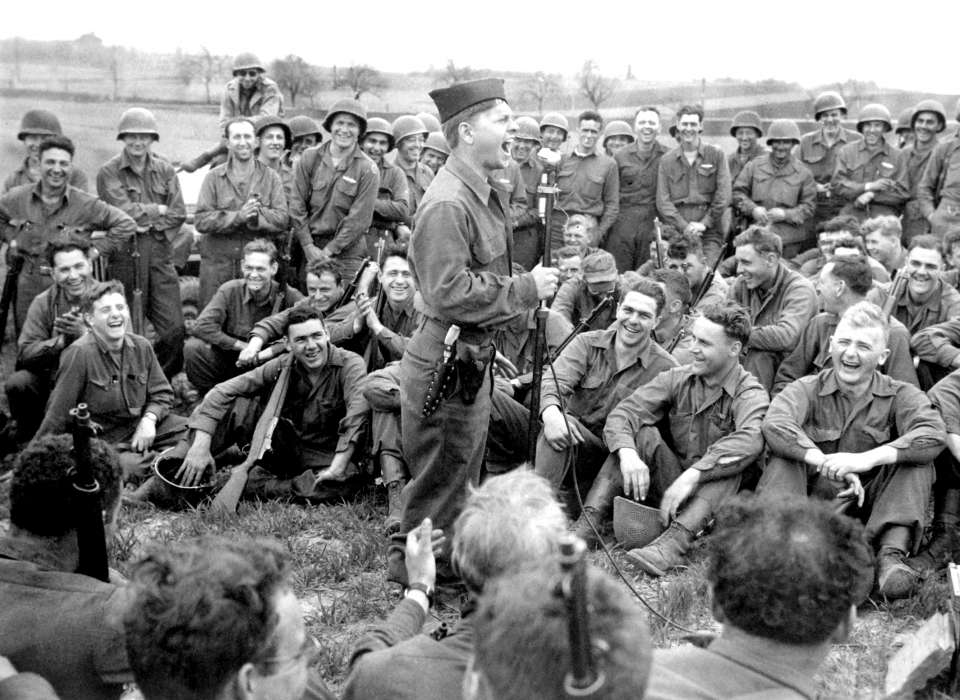
After 6 weeks, a new commanding officer radios the Americans about Eddie.
His regiment sends someone to collect him and take him to his unit.
They have made it all the way to Belgium, on Germany’s doorstep.
But instead of getting ready for battle, he approaches his commander…
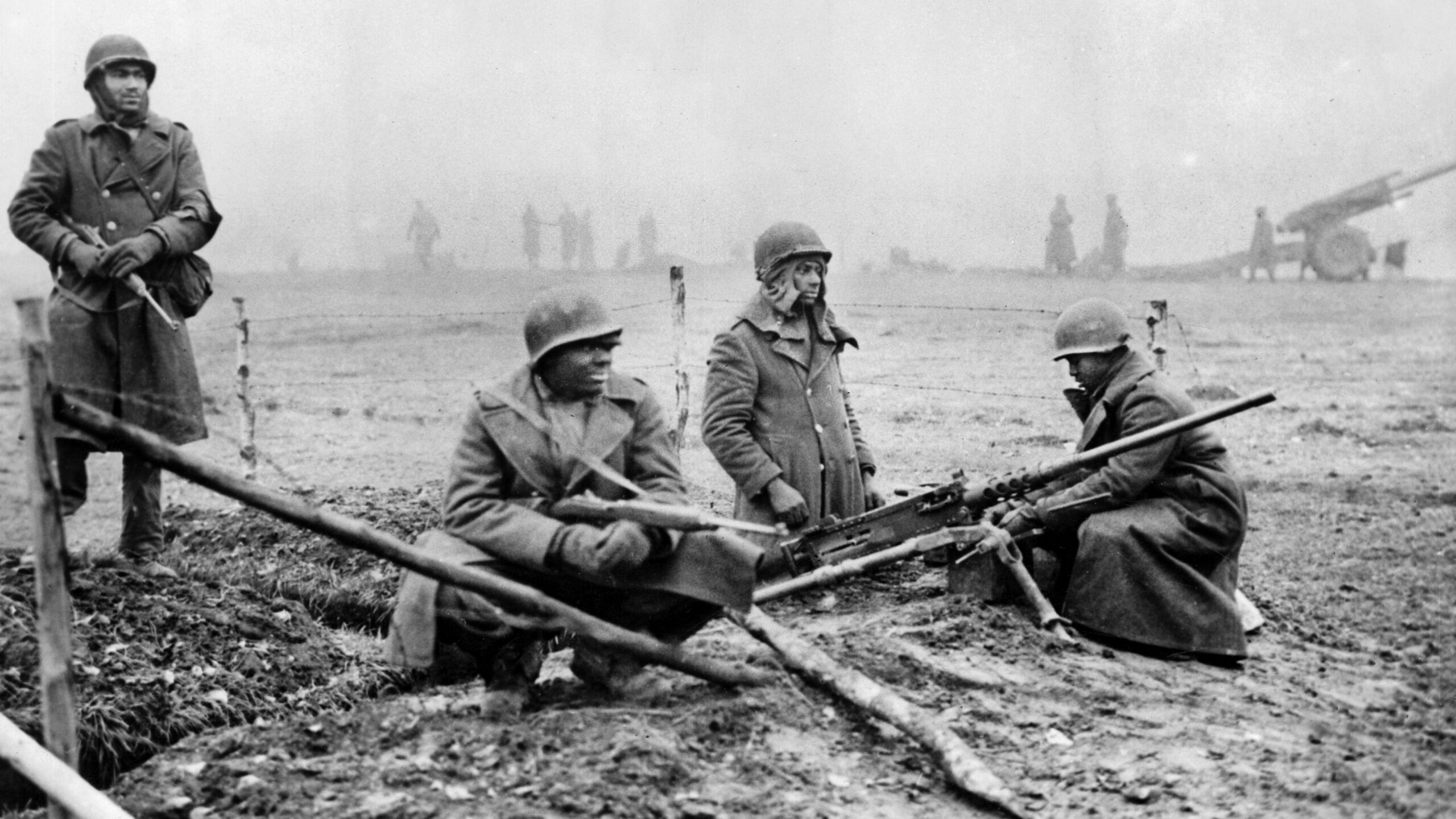
Eddie demands an immediate court-martial (military trial).
Despite calls to stay, he walks away from the frontline and disappears.
He pops up the next morning at an outpost with a handwritten confession.
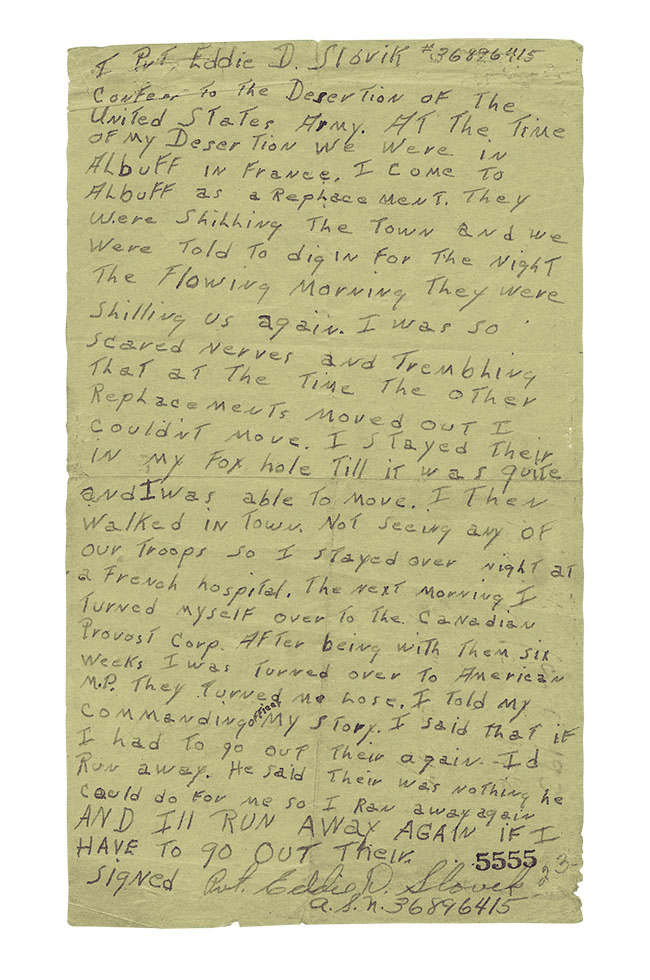
Eddie is making a gamble:
The Army hasn’t executed a deserter in decades.
He thinks they’ll hold him in jail until the war is over.
Then they’ll release him.
And he is more comfortable in jail than on the frontline.
But he calculates wrong…
In handcuffs, he’s brought back to his commanding officer.
The officer tells him to tear up the paper and get on the frontline.
But he refuses and is taken away to jail.
October 1944
Eddie’s been in American custody for a month.
A judge offers to suspend Eddie’s charges if he returns to his unit.
Eddie simply replies:
“I’ll take my court-martial,”
An army psychiatrist determines Eddie has no mental illness.
The army hasn’t executed a soldier since the civil war.
Back then, President Lincoln pardoned every deserter and changed the culture.
But in 1944, the Army has a problem:
Desertion is on the rise
Slovik will make a good example to others.

Eddie’s trial lasts an hour.
He chooses not to testify,
He is sentenced to death.
Normally, an appeal judge would overturn it.
But his criminal record, blatant confession and cold calculation turned off every single appeal judge.
Eddie starts to realize he’s in trouble.
He writes a letter to General Eisenhower for mercy.
But his letter backfires.
He claims that he wasn’t aware of the severity of his actions.
All of the evidence proves this is a lie.
Eisenhower shows him no mercy.
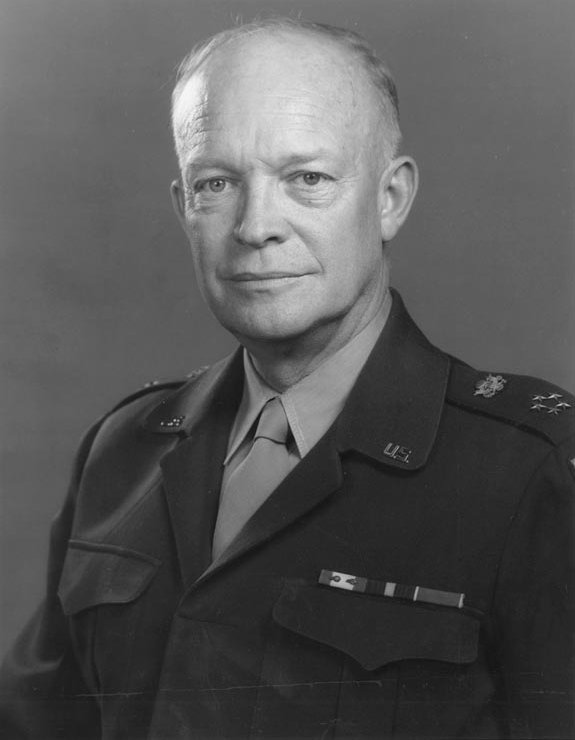
January 1945
12 men load their rifles.
At random, 11 load real bullets and 1 loads blanks.
No one knows who will fire the fatal shot.
Eddie Slovik is walked out.
His last words:
‘I’m not being killed for desertion. I’m being killed for bread I stole when I was 12 years old.’
Eddie is buried in an unmarked grave along with 94 other executed soldiers.
All the rest were convicted of rape or murder.
Eddie was the only one killed for refusing to fight.
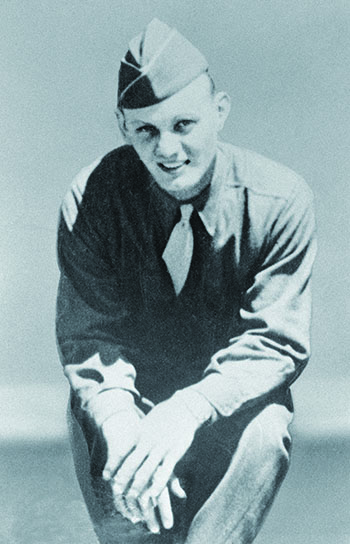
So, was Eddie’s execution justified?
If you want to learn how to write deep dives like this, subscribe to my newsletter.
Bye for now.
